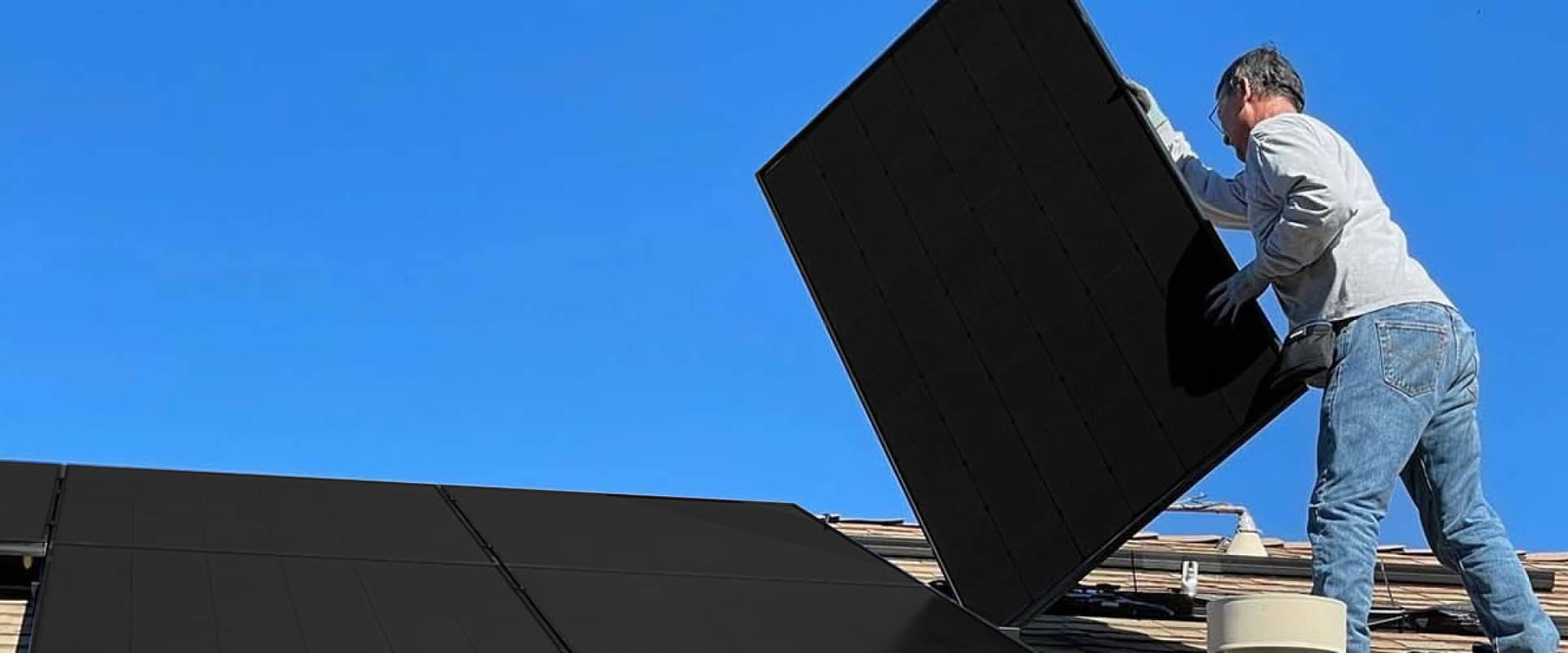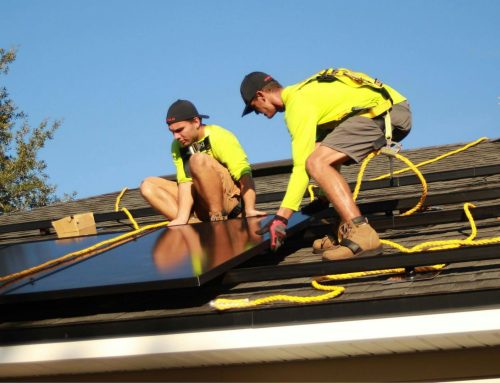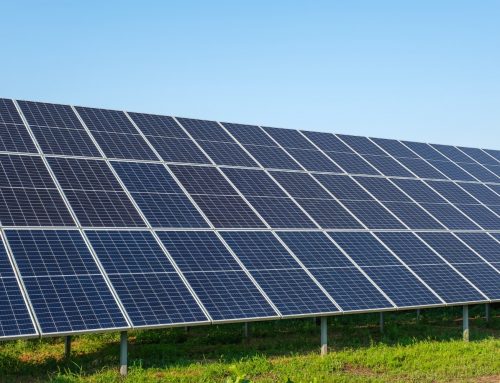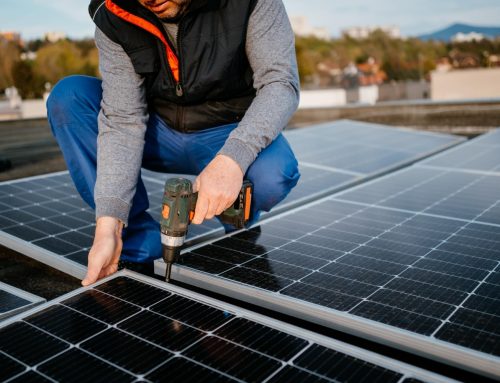Harnessing the power of the sun to generate clean, renewable energy is a concept that has gained popularity in recent years.
Solar panels have become an increasingly popular choice for households and businesses in South Australia.
Whether you’re after environmental benefits or the significant energy savings on offer (or both!) solar panels offer plenty of advantages.
However, before you make the switch to renewable energy, it’s important to have all the information you need to maximise your energy production and avoid making expensive mistakes.
So, do you need a permit to install solar panels in Adelaide?
In this article, we’ll answer this question and leave you with the essential knowledge you need to make informed decisions about your renewable energy project.
We’ll cover everything from solar panel installations to practical tips to help you save time and money.
Let’s get right into it.
Solar Panel Types, Advantages, and Challenges
They come in various types, each with its own set of advantages and challenges.
Types of Solar Panels:
- Monocrystalline Panels: These panels are known for their efficiency and sleek appearance. They are made from a single crystal structure, which means they can generate more power in less space. However, they tend to be more expensive than other options.
- Polycrystalline Panels: Polycrystalline panels are a cost-effective choice. While they may not be as efficient as monocrystalline panels, they still offer reliable energy production.
- Thin-Film Panels: Thin-film panels are lightweight and flexible, making them suitable for unique installations. However, they generally have lower efficiency and require more space.
Advantages:
- Lower Energy Bills: They can significantly reduce your electricity bills, especially in a city like Adelaide, where sunlight is abundant.
- Environmental Benefits: Renewable energy is clean and green, reducing your carbon footprint and helping combat climate change.
- Government Incentives: The Australian government offers various incentives, including rebates and feed-in tariffs, to encourage solar panel installations.
Find Out How Much You Can REALLY Save With Solar
Challenges:
- Upfront Costs: The initial investment can be substantial, though it pays off in the long run.
- Weather Dependence: They rely on sunlight, so energy generation can fluctuate on cloudy days.
Space Requirements: Depending on the type of panels and your energy needs, you may need a significant amount of roof space.
Navigating Solar Panel Permit Requirements in Adelaide
Understanding the conditions, sizes, and recommendations is essential for a hassle-free installation process.
Permit Conditions
In Adelaide, the requirement for obtaining a permit to install solar panels primarily depends on the size and type of the installation.
Here are some key conditions to consider:
- Residential Solar Panels: For residential properties, installations typically do not require a development application or council approval if they meet specific conditions. These conditions include staying within certain size limits and ensuring that the panels do not exceed the roof’s highest point.
- Commercial and Industrial Solar Panels: For larger-scale installations on commercial or industrial properties, the rules can be more complex. You may need to consult with local authorities and adhere to specific guidelines.
Solar System Sizing
In Adelaide, residential installations are often exempt from permits if they meet the following conditions:
- The installation must not exceed 10 square metres in size.
- The panels should not protrude more than 200 millimetres from the roof’s surface.
- The panels must not be installed above the highest point of the roof.
For commercial and industrial installations, size limits may vary, and it’s advisable to consult with local authorities or a professional installer to ensure compliance.
Factors to Consider When Determining Your Solar Panel Permit Requirement
Property Type and Location
In Adelaide, residential properties typically have different rules than commercial or industrial properties.
Residential installations often enjoy more lenient regulations, with size and height restrictions that, when adhered to, exempt them from permits.
However, if your property is located within heritage-listed areas or designated zones with specific restrictions, additional considerations may apply.
Solar Panel System Size and Layout
The size and layout of your intended solar system are crucial factors.
As mentioned earlier, residential installations in Adelaide must not exceed certain size limits and should not protrude beyond the roof’s highest point.
Therefore, carefully plan the size and placement of your panels to ensure they comply with these requirements.
Additionally, consider the orientation and angle of your panels to maximise sunlight exposure, as this can impact their efficiency and, subsequently, your energy savings.
Navigating Australian Regulations, Permits, and Approvals
Understanding relevant regulations, permits, and approvals is paramount. Let’s explore the essential aspects you need to know.
The Role of the Clean Energy Council (CEC)
The Clean Energy Council is the governing body overseeing the industry in Australia. They maintain a list of accredited installers who are authorised to install solar panels.
It’s crucial to choose an installer who is CEC-accredited to ensure your installation meets the necessary standards and requirements.
Grid Connection Approval
In addition to permits related to physical installation, you’ll need grid connection approval from your electricity distributor.
This ensures that your solar panel system can safely connect to the grid without causing disruptions or safety hazards.
Your installer can typically assist with this process, ensuring that your system is compliant.
Feed-In Tariffs and Rebates
The Australian government offers various incentives to encourage the adoption of renewable energy. These include feed-in tariffs, which allow you to sell excess energy back to the grid, and rebates to offset installation costs.
The availability and rates of these incentives may vary by state, so it’s essential to research the current offerings in South Australia.
Building and Development Approvals
Depending on the size and complexity of your installation, you may require building and development approvals from your local council.
These approvals ensure that your installation complies with local building codes and regulations.
Consult with your council or a professional installer to determine whether your project falls under these requirements.
Electrical Work Licences
Anyone performing electrical work related to your installation must hold the appropriate electrical licence. This applies to both the design and installation phases.
Always verify that your chosen installer is licensed and qualified to perform the necessary electrical work.
By being aware of these Australian regulations, permits, and approvals, you can navigate the installation process in Adelaide with confidence.
Remember that consulting with professionals who understand these requirements is invaluable, ensuring that your project is compliant and efficient.
Why You Need Professional Assessment and Services for Your Solar Panel Installation
Ensuring a smooth and compliant installation process requires the expertise of professionals in the field.
Here’s our checklist to help you choose the best provider.
- Certifications: Ensure your chosen installer is accredited by the Clean Energy Council (CEC) and holds all the necessary licences for electrical work.
- Experience: Look for installers with a proven track record of successful installations and years of experience in the industry.
- References and Reviews: Check customer reviews and ask for references from previous clients to gauge their satisfaction with the installer’s services.
- Warranty: Inquire about the warranties offered for both the panels and the installation work. Reputable providers offer comprehensive warranties.
- Transparent Pricing: Seek quotes from multiple providers and compare their pricing and services. Be wary of hidden costs or unusually low prices.
- Solar Panel Brands: Inquire about the brands of panels and inverters they use. Opt for providers who offer quality, reputable brands.
- Post-Installation Support: Inquire about maintenance and support services they offer after the installation is complete.
Let Energy Buster Help on Your Next Solar Project
Ready to make the switch to renewable power in Adelaide?
Don’t navigate this exciting journey alone. Contact the Energy Buster team today for personalised advice, expert guidance, and a competitive quote tailored to your unique needs.
We’ll help you determine whether you need a permit, handle the regulatory process, and ensure a seamless and efficient installation.






